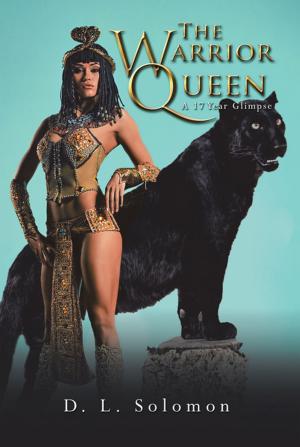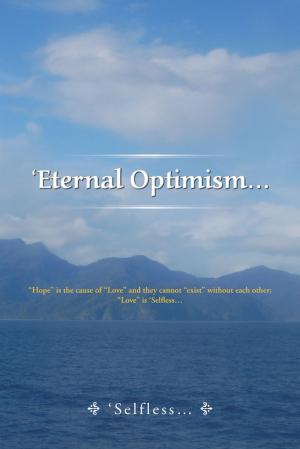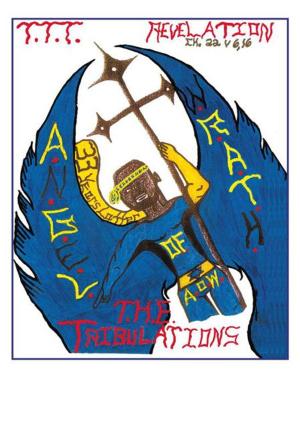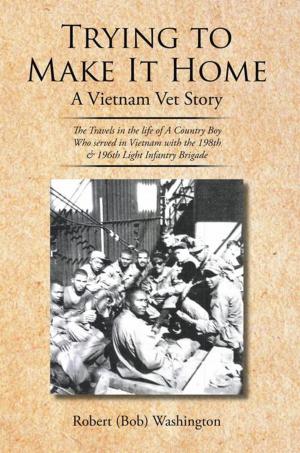| Author: | Hamza Simrick | ISBN: | 9781524651367 |
| Publisher: | AuthorHouse | Publication: | November 23, 2016 |
| Imprint: | AuthorHouse | Language: | English |
| Author: | Hamza Simrick |
| ISBN: | 9781524651367 |
| Publisher: | AuthorHouse |
| Publication: | November 23, 2016 |
| Imprint: | AuthorHouse |
| Language: | English |
I have written this memoir in the hopes that anyone who finds him or herself in the same situation growing up will not repeat these mistakes. I was on a path to struggle out of poverty. Anyone can get out of poverty provided one has the desire and the will. Poverty is like a disease. If you give in, it will suppress you to no end. You fight poverty in the same way you would fight a disease. You become ambitious and determine to find the mechanism that can lead you to a successful life. I was born in an undeveloped family who could not help me in my plight. However, I was rescued by a school teacher, Regis Henequin, who forcibly took me to school. Later in my life I was recruited by Major Butler of the Royal Signals of the British Army. After joining the army and serving for three years along the Suez Canal in Egypt, my eyes wide open. While in the British Army, I was still on the prowl for a life after the army. I was lucky to share my tent with a man named Gopal who was a tailor and made suits for officers. I was fascinated and began to spend more time with him. Visiting the city of Ismaelia, I saw on a stand a magazine advertising fashion designing by the Jean dArroux Academy in Paris. I bought the magazine and wrote to them. They replied and hence, I found an answer that carried me through my life as a fashion designer. Even though what I had learned through correspondence courses was insufficient for me to function, it was enough to motivate me to continue the direction. My stay with the Jean dArroux Paris Academy was brief but useful, and soon thereafter, I left for London. Life truly began to emerge from the darkness that had blinded me while growing up. I became curious and began to ask what made the British the way they were. In order to learn as much as I could I found that I had to learn the language of the people. No matter what you do, if you want to be successful, you will have to go through a languagein this case, it was English. I placed emphasis on the language and grew fast in London. I got married; my wife and I became engrossed in social work helping the Mauritian community settle in London. Officials recognized our efforts and that was when I met Mr. Wendel Coote, the First Secretary of the American Embassy, which resulted in our coming to the United States. Life in America was different than was expected and having lived in London, changes had to be made. The original plan to stay in America was six months but that was changed by circumstance hence the disorientation. My wife was pregnant with our son and she could not work; my endeavor was not enough to carry us through. The expectation was missing and the visiting concept was based on misunderstanding. But that was in the past and having lived in a country for over fifty years, life couldnt have been different otherwise.
I have written this memoir in the hopes that anyone who finds him or herself in the same situation growing up will not repeat these mistakes. I was on a path to struggle out of poverty. Anyone can get out of poverty provided one has the desire and the will. Poverty is like a disease. If you give in, it will suppress you to no end. You fight poverty in the same way you would fight a disease. You become ambitious and determine to find the mechanism that can lead you to a successful life. I was born in an undeveloped family who could not help me in my plight. However, I was rescued by a school teacher, Regis Henequin, who forcibly took me to school. Later in my life I was recruited by Major Butler of the Royal Signals of the British Army. After joining the army and serving for three years along the Suez Canal in Egypt, my eyes wide open. While in the British Army, I was still on the prowl for a life after the army. I was lucky to share my tent with a man named Gopal who was a tailor and made suits for officers. I was fascinated and began to spend more time with him. Visiting the city of Ismaelia, I saw on a stand a magazine advertising fashion designing by the Jean dArroux Academy in Paris. I bought the magazine and wrote to them. They replied and hence, I found an answer that carried me through my life as a fashion designer. Even though what I had learned through correspondence courses was insufficient for me to function, it was enough to motivate me to continue the direction. My stay with the Jean dArroux Paris Academy was brief but useful, and soon thereafter, I left for London. Life truly began to emerge from the darkness that had blinded me while growing up. I became curious and began to ask what made the British the way they were. In order to learn as much as I could I found that I had to learn the language of the people. No matter what you do, if you want to be successful, you will have to go through a languagein this case, it was English. I placed emphasis on the language and grew fast in London. I got married; my wife and I became engrossed in social work helping the Mauritian community settle in London. Officials recognized our efforts and that was when I met Mr. Wendel Coote, the First Secretary of the American Embassy, which resulted in our coming to the United States. Life in America was different than was expected and having lived in London, changes had to be made. The original plan to stay in America was six months but that was changed by circumstance hence the disorientation. My wife was pregnant with our son and she could not work; my endeavor was not enough to carry us through. The expectation was missing and the visiting concept was based on misunderstanding. But that was in the past and having lived in a country for over fifty years, life couldnt have been different otherwise.















